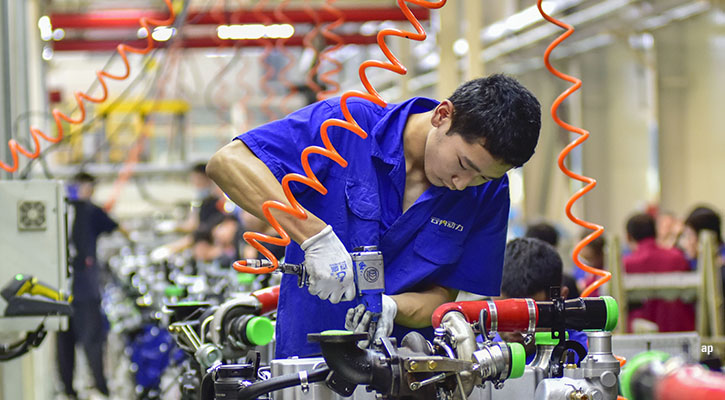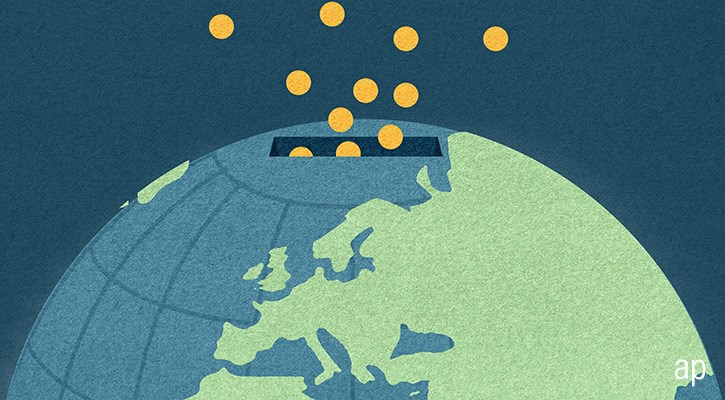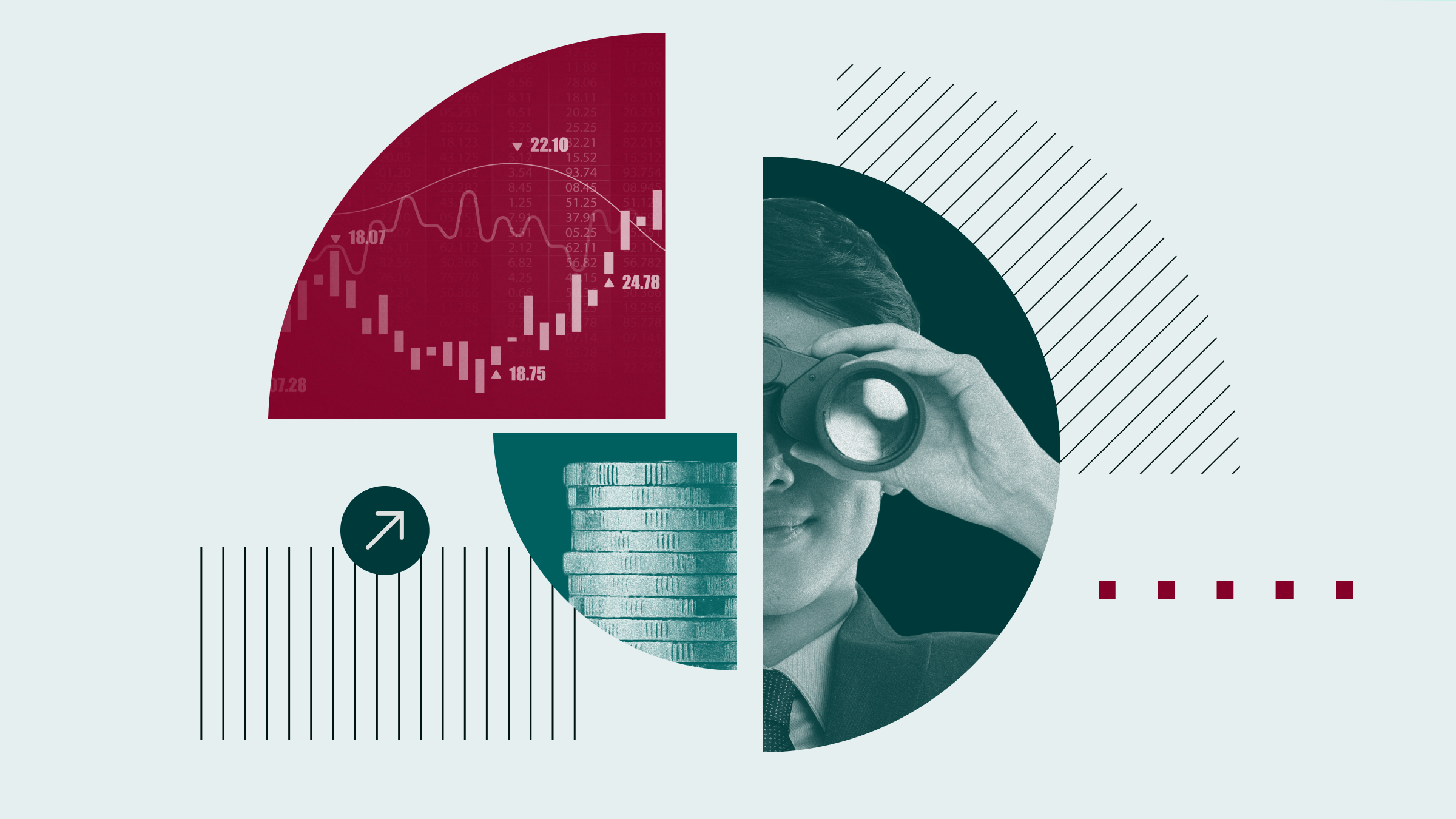Johannes Haraldsen: Welcome to Morningstar. Today, we're here to talk about emerging markets. I have the great pleasure of being joined by Mark Preskett from Morningstar Investment Management. Mark, thank you for being here. Let's start with the first question. How best can an investor get exposure to emerging market equities and why would an investor choose to do so?
Mark Preskett: Thanks Johannes. Thanks for having me. So, I think, straight off, the easiest way for a client or investor to get access is just to buy an emerging market equity index fund or an actively managed fund, and then you'll just gain exposure to a broad range of countries and sectors and companies all domiciled in emerging markets. The "why" is really interesting. Over the long term, emerging market companies have tended to grow faster than their developed market counterparts. And we're actually in a situation today where they are trading at much cheaper valuations after a long period of underperformance relative to developed markets. Just a few stats. You can gain the index on about a 12x forward P/E with a 3.2% dividend yield. You compare that to the World Index trading on a 16x forward P/E with a 2% dividend yield, and that's come after around 7% annualized underperformance over the last 10 years.
Haraldsen: And is there any specific country or regions that stand out to you at the moment?
Preskett: Yeah, absolutely. So, the index is actually quite concentrated and there are three countries that we really like at the moment. The first is China. And for us, the investment thesis and the risks are quite clear. You've got an economy coming out of lockdown. There's been recent crackdowns on technology firms, on education firms. There are some deep-seated issues with the property market, also question marks about the influence of the Chinese government. But the result is a country which commands 3.3% of the MSCI World's market cap, which is actually lower than Apple's and about the same level of the Microsoft. And this is, just to remind you, the second largest economy in the world and one that some say could overtake the U.S. in 10 years' time.
The second is slightly different – Brazil, a country dominated by three sectors – financials, materials and energy. We're definitely seeing improving capital allocation from firms like Petrobras, a big oil major in Brazil, a burgeoning middle class and a much more rational and reliable central bank controlling interest rates and ultimately inflation.
Thirdly is South Korea – back to Asia. There's some debate about whether South Korea is actually an emerging market. It's got a GDP per capita level more akin to a developed market. But it's quite a concentrated tech-heavy index. Samsung is a big part of that index. And the country has close economic ties with China. So, it's benefiting from the reopening there. But ultimately, you're gaining access to a much more attractive value basket of technology stocks compared to what you're being asked to pay for, say, in the U.S.
Haraldsen: And to build on that, do you have any fund recommendations?
Preskett: Yeah, absolutely. So, we would say that the broad EM market is actually quite a hard index to beat, but there are some actively managed managers out there that have done pretty well, and we would consider they've got good opportunities to beat the index going forward. So, on the passive side, there are a number of index trackers and ETFs to choose from from the likes of Vanguard, Fidelity, BlackRock. On the active side, JPMorgan Emerging Markets Income and Stewart Investors Emerging Markets Sustainable Equity are two funds that we rate and like. And then, on the country-specific side, we have some choices in each country. So, for Korea, our rated fund is JPMorgan Korea; in China, Fidelity China Focus; if you want something a little bit more tech heavy, perhaps Baillie Gifford China. Brazil, on the other hand, has a much smaller subset of funds. So, there, we would probably recommend going or suggest going into an ETF. Franklin Templeton have a very good low-cost Brazil ETF there.
Haraldsen: Thanks Mark. For Morningstar, I'm Johannes Haraldsen.






















